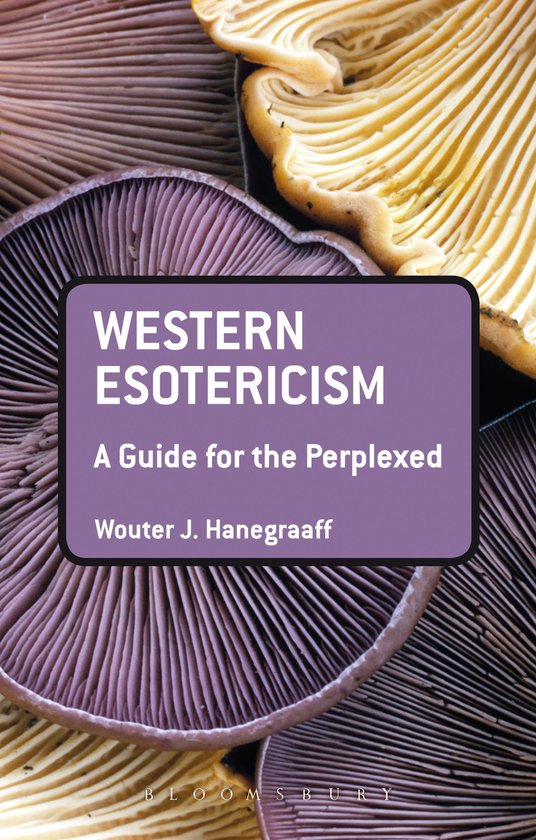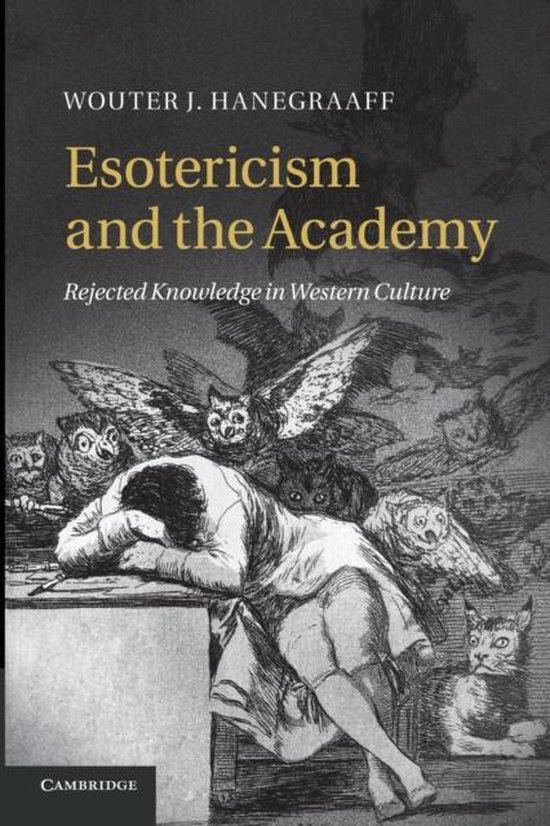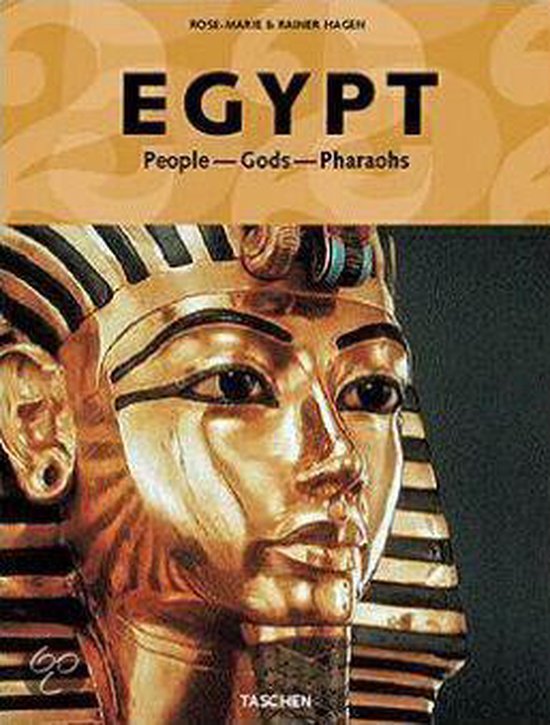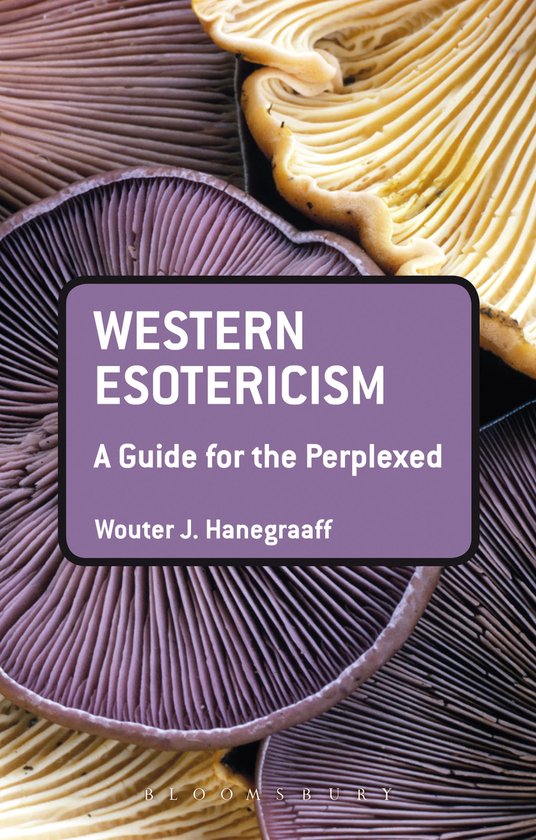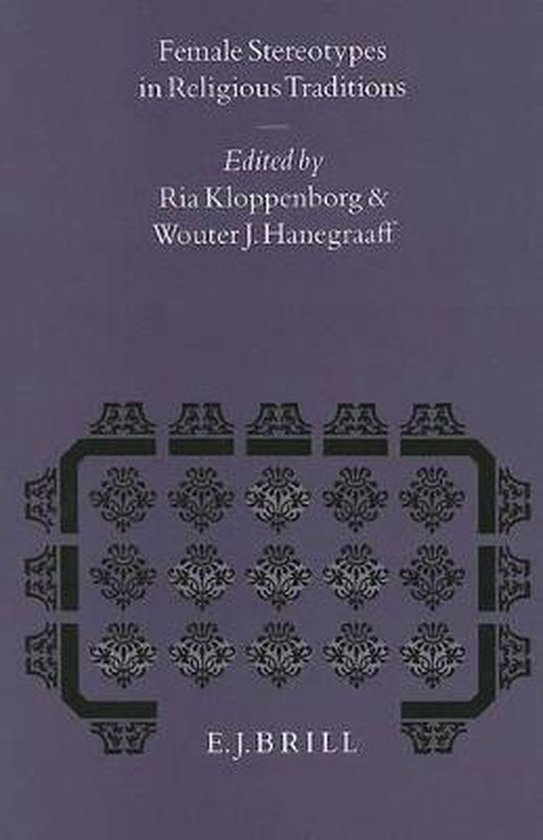
Numen Book Series- Female Stereotypes in Religious Traditions
This volume contains a collection of studies describing and analyzing stereotypes of women in the religions of Ancient Israel and Mesopotamia, and in Zoroastrianism, Judaism, Medieval Christianity, Islam, Indian Sufism, the Vīraśaiva movement in Hinduism, early Buddhism, Tibetan religions, and modern Neopaganism.
This volume contains a collection of studies describing and analyzing stereotypes of women in the religions of Ancient Israel and Mesopotamia, and in Zoroastrianism, Judaism, Medieval Christianity, Islam, Indian Sufism, Hinduism, Buddhism, Tibetan religions, and modern Neopaganism. In all these traditions the stereotypes are based on generalizations, which are socially, culturally or religiously legitimized, and which seem to have a lasting influence on society's conceptions of women. They represent oversimplified opinions, which are, however, regularly challenged by the women who are affected by them. In all traditions the stereotypes are ambiguous, either because women have challenged their validity, or because historical developments in society have reshaped them. They influence public opinion by emphasizing dominant views, as a strategy to restrain women and to keep them controlled by the rules and morals of a male-dominated society.
This volume contains a collection of studies describing and analyzing stereotypes of women in the religions of Ancient Israel and Mesopotamia, and in Zoroastrianism, Judaism, Medieval Christianity, Islam, Indian Sufism, Hinduism, Buddhism, Tibetan religions, and modern Neopaganism. In all these traditions the stereotypes are based on generalizations, which are socially, culturally or religiously legitimized, and which seem to have a lasting influence on society's conceptions of women. They represent oversimplified opinions, which are, however, regularly challenged by the women who are affected by them. In all traditions the stereotypes are ambiguous, either because women have challenged their validity, or because historical developments in society have reshaped them. They influence public opinion by emphasizing dominant views, as a strategy to restrain women and to keep them controlled by the rules and morals of a male-dominated society.
| Auteur | | Ria Kloppenborg |
| Taal | | Engels |
| Type | | Hardcover |
| Categorie | | Mens & Maatschappij |
